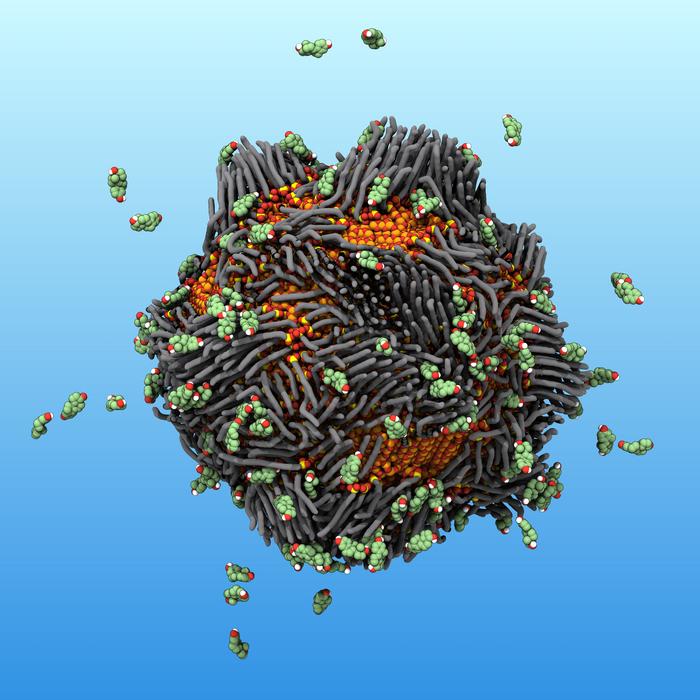Classical Music and Fetal Heart Rate
Research presented by the American Institute of Physics (AIP) suggests a compelling link between prenatal exposure to classical music and a calming effect on fetal heart rates. The study reveals that unborn babies can perceive and react to auditory stimuli, specifically exhibiting a physiological response to classical compositions.
Observing the Calming Effect
The AIP-supported research examined changes in fetal heart rate patterns when pregnant individuals listened to classical music. Notably, findings showed a clear trend: exposure to these musical pieces correlated with a reduced fetal heart rate, indicating relaxation. This suggests that the fetal auditory system is sufficiently developed to process and respond to the complexities of classical music.
Why Does Classical Music Have This Effect?
Researchers propose that the inherent structure of classical music—its rhythmic and melodic patterns—may contribute to this calming effect. Moreover, these patterns could create a soothing environment for the developing nervous system, fostering a sense of tranquility.
Implications for Prenatal Development
This study, highlighted by the AIP, underscores the potential impact of music on prenatal development. Therefore, while further research is needed to understand the long-term implications, these findings provide valuable insight into the fetal ability to perceive and respond to music.







